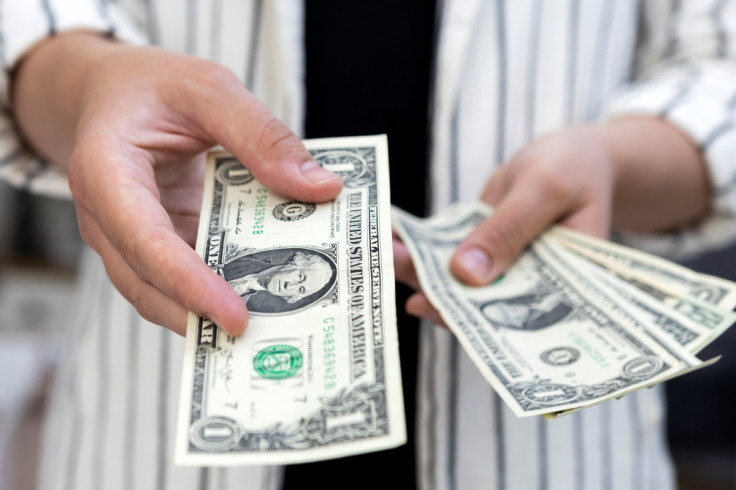Why Do 6-Figure Wage Earning Americans Live Paycheck To Paycheck?
Low-income Americans are no longer the only ones living paycheck to paycheck. High-income earners have a hard time balancing the family books, too.
According to a recent LendingClub report, as of August, 45% of Americans who make six figures are living paycheck to paycheck, up from 38% a year ago.
That's a shocking finding for two reasons. One, America is among the world's most affluent economies. Thus, one would expect people to afford to save money rather than barely getting by with what they earn. And two, living paycheck to paycheck should be confined to low-earnings Americans, as the money they earn is barely enough to cover living expenses, but not to high-earners.
The apparent reason behind this is rising inflation, which runs at a 40-year high, squeezing family budgets across almost every income bracket. "Living paycheck to paycheck implies barely having enough to carry money to the next month," Lyle Solomon, principal attorney at Oak View Law Group and a personal finance expert and advisor, said in an email to International Business Times. "No doubt, the current economic scenario has made this situation even more stressful."
Marlo Richardson, a serial entrepreneur, sees no difference between low-and high-income earners in an inflated cost of living environment. "It doesn't matter if you are a minimum wage employee or a six-figure earner," he said in an email to IBT. "People spend their money according to what they make."
Ari Parker, the author of a bestselling Medicare book, thinks that the reasons even wealthy Americans live paycheck to paycheck extend beyond the recent inflation surge to a tremendous, often unavoidable growth of health care costs. "It can be a significant chunk of your income, even if you're making six figures," he told IBT. "And like the cost of groceries, gas, rent, health care can be heavily impacted by inflation."
Parker then quoted a study by The Kaiser Family Foundation, which found that prices rose faster than inflation for half of all prescription medications covered by Medicare Part D in 2020. "For some people, inflation means that their drugs, deductibles, coinsurance amounts, and out-of-pocket limits all cost them more," he said. "It's no surprise that this leads to even six-figure earners living paycheck to paycheck."
Solomon listed debt, student loans and mortgage payments, which take a big chunk of the monthly paycheck, as the top factor behind the dire financial situation of high-earners. "Even people earning $100,000 or more may not have much left after paying off student loans, mortgages, and other fixed living expenses to keep the lights on, especially if they live in a high-cost-of-living area," he said.
Robert Johnson, Ph.D., professor of finance at Creighton University's Heider College of Business, thinks that high-income Americans have difficulty balancing the family books because they make their spending increase commensurate with their new salary. "For instance, people move into a bigger apartment or buy a more expensive car or home to reward themselves for receiving the raise," he told IBT. "They cannot improve their financial condition because they spend everything they make."
And they are at the whim of inflation. It usually runs faster than earnings, making it difficult for these people to maintain their lifestyles.
Johnson advised people to effectively invest any money from a raise rather than rush to spend it on an upgraded lifestyle. "That is, continue to live the same lifestyle you led before receiving a raise and invest the difference," he said.

© Copyright IBTimes 2025. All rights reserved.






















